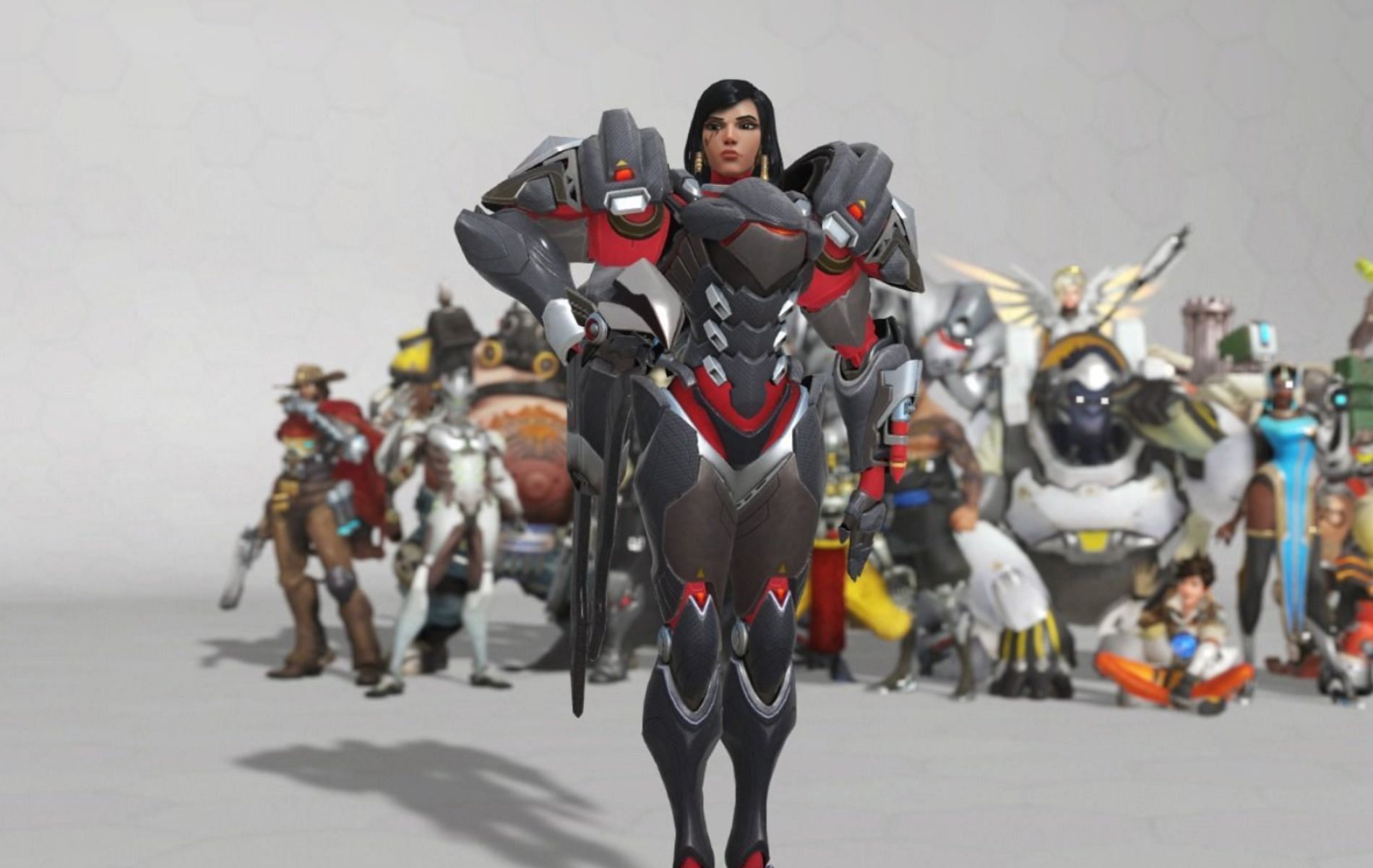On the sidelines of the recently concluded G20 summit at Bali, the prime ministers of India and Britain met, to discuss, apart from the delirious response of many Indians to a man of Indian descent taking the top political job in the country that had colonised India for nearly two centuries, the long-delayed India-UK free trade agreement. This is a welcome development.
However, British Prime Minister Rishi Sunak is reported to have said, while reaffirming commitment to the deal, that his approach to the FTA would be one “where we don’t sacrifice quality for speed”. He went on to say, “I want to take the time to get trade deals right, where we don’t sacrifice quality for speed.” This approach makes a lot of sense for India, too.
This is not some surprising bit of wisdom out of the blue from a young statesman— Sunak is just 42 years old. Britain is right now trying to wriggle out of one part of the hurried deal it struck with the European Union to realise Britain’s exit from the grouping, specifically in relation to instituting a border in the Irish Sea between Northern Ireland and the rest of the UK. The Republic of Ireland is very much part of the European Union, and Northern Ireland’s unrestricted trade with that country is a crucial bit of the Good Friday Agreement that ended the Troubles, as the protracted armed resistance of the Irish against their English colonisers is euphemistically called. The US looks askance at any move that would unravel the Good Friday agreement, given the extraordinary political clout of Irish Americans. If those trade ties between the two parts of Ireland remain undisturbed, Northern Ireland would effectively be part of the EU for trade purposes, and the British-EU border would be in the Irish Sea. But this complicates Northern Ireland’s trade with the rest of Britain, creating political pressure to remove obstacles to the free flow of goods between Northern Ireland and the rest of the UK. This political problem is high on Sunak’s agenda.
You might also like
The diesel car is dying. Here’s why
Five charts tell the floundering story of multiplexes
Karnataka may become the first state to have a chip fab
How a Delhi couple bought first home for ₹37 lakh
For India, too, it makes sense to not hurry into a deal that hurts its interests. A sticking point in the trade talks between the two sides has been the British demand for India to align its patent regime with Britain’s. India has refused, and should continue to do so, for the benefit of those in need of affordable medicines anywhere in the world.
Pharma giants have three grouses with India’s patent regime. To begin with, there is the Section 3d of the patent law, which calls for a new patent application for a variant of a patented drug to meet two qualifying conditions: novelty and enhanced therapeutic efficacy. Swiss drug giant Novartis sought a patent for a new form of its blockbuster cancer drug, Imatinib, but was turned down in India. This refusal to grant a patent to a new, granular form of Imatinib was justified by India’s Supreme Court, whose ruling in 2013 contains the following instructive passage: “Whether or not an increase in bioavailability leads to an enhancement of therapeutic efficacy in any given case must be specifically claimed and established by research data. In this case, there is absolutely nothing on this score apart from the adroit submissions of the counsel. No material has been offered to indicate that the beta crystalline form of Imatinib Mesylate will produce an enhanced or superior efficacy (therapeutic) on molecular basis than what could be achieved with Imatinib free base.”
Indian patent law also provides for anyone to object to a patent being granted, following its application, while the patent office considers the application. In regimes favoured by pharma giants, the objections are filed after the patent has been granted. The opportunity to oppose, pre-grant, the grant of a patent avoids time wasted in litigation before a generic drug is brought to the market, once a patent has run its course of 20 years.
The third bone of contention is data exclusivity. In the US, for example, the drug trial and other relevant data filed for a patent application is granted a five-year period of exclusive protection, denying potential competitors access to this data. India does not offer data exclusivity. A period of data exclusivity, as demanded by multinational pharma companies, would delay rival formulations coming to the market, especially if a patented product is introduced in India late in its patent life. It is possible to take the line that the monopoly over marketing rights for 20 years granted to the innovator of a patented product is compensation enough for the product and the data generated for its development and certification.
India’s stance helps creation of generic equivalents of patented drugs and agrichemicals being brought to the market as soon as a patent expires. This is pro-patient and pro-farmer, and, further, pro-economic growth. If resources on a scale more than warranted are channelled to pharma companies, on account of delayed or missing availability of generics, that reduces fiscal resources, if the expense on medicines comes out of public finances, or the public’s purchasing power, if the medicine expenses are met out-of-pocket by the patient or the patient pays a fancy premium, if the expenses are borne by insurance.
Pharma companies have legislators in thrall in the rich world — the Biden regime’s much-touted Inflation Reduction Act presents as a major achievement the law’s empowerment of state-funded Medicaid and Medicare to now negotiate prices with pharma companies — even such bargaining had been hobbled by the lobbying power of Big Pharma.
India should stand its ground on its patent law that lowers the cost of medicines for patients in India and the world. The Indian economy will not collapse if it does not rush into a trade deal with the UK at any cost.
Elsewhere in Mint
In Opinion, Jaspreet Bindra suggests five different ways Twitter can reincarnate. SP Kochhar writes on the misleading criticism of OTT regulation. Anjani Trivedi & Paul J. Davies say Credit Suisse rescue is the Saudi pivot to global finance. Long Story profiles two players bringing the mall back in fashion.
Download The Mint News App to get Daily Market Updates.
More
Less
















